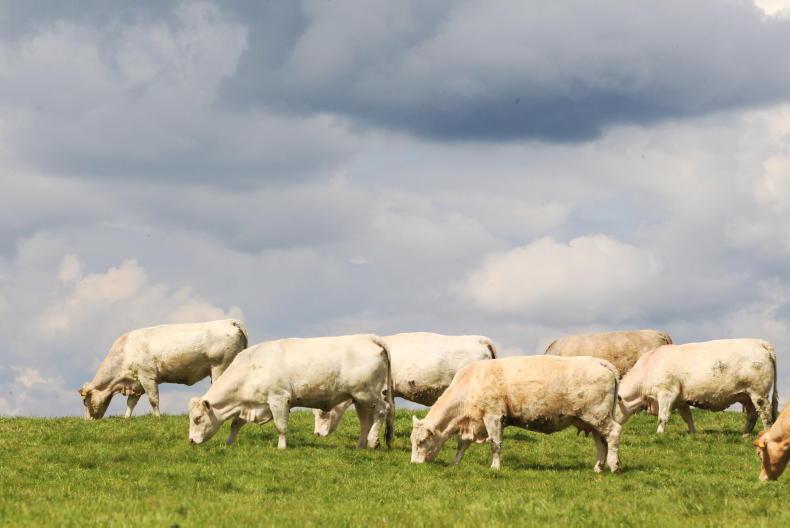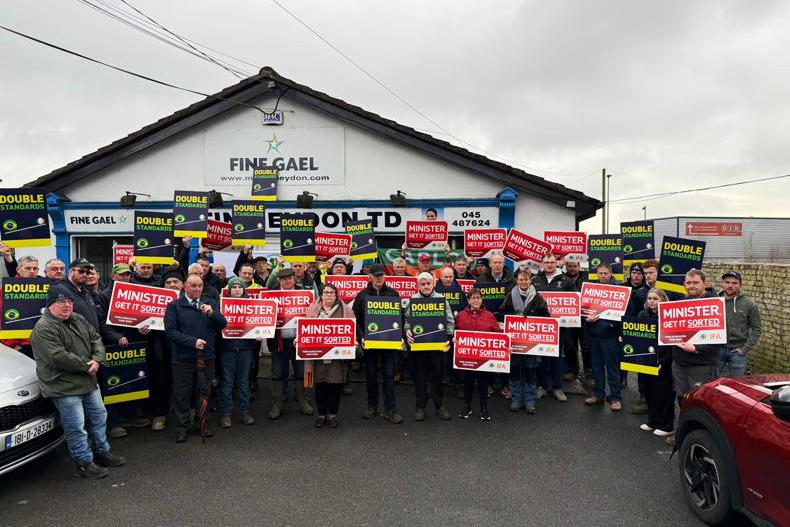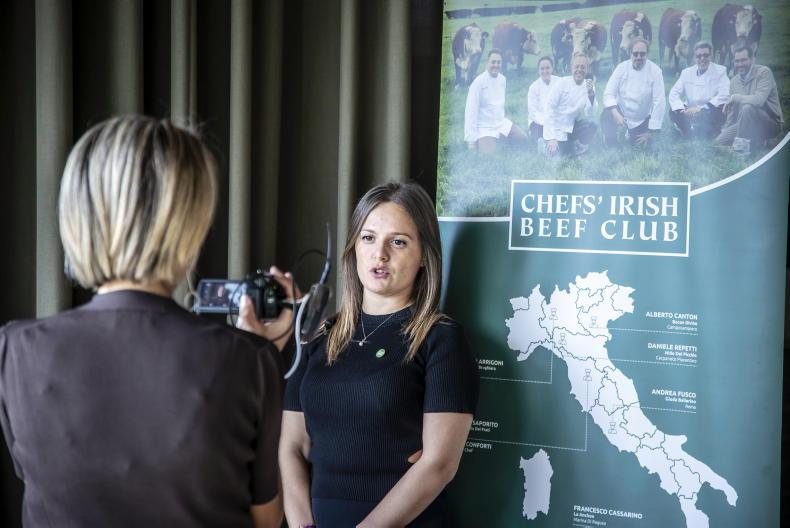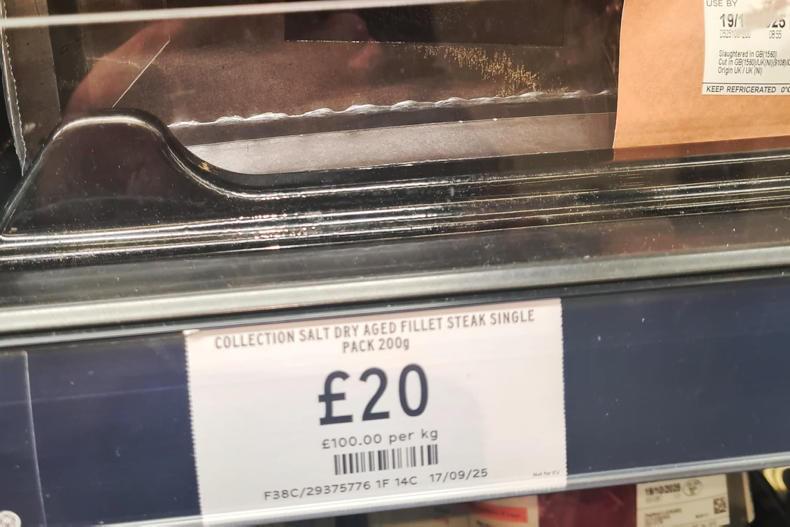The news that consensus has been secured on making a PGI application for Irish grass-fed beef is welcome. While the Minister for Agriculture Charlie McConalogue and Bord Bia who are leading the application, will have been relieved to get the go-ahead to make an application, the real work only starts now.
The gap between making the application and creating a successful brand is similar to that between applying for planning permission and building a house and even if all the correct steps are taken, there is never a guarantee with branding success.
Application process
Bord Bia is now in a position to make the application to the EU, which will take several months adjudicating on the merit of the application. Securing a PGI isn’t a formality, particularly where it covers a large volume of product as would be the case with Irish beef. It is likely to take several months and there will be opportunity for objections from inside and outside the EU.
Assuming it is granted, then Bord Bia and the Irish beef industry will be clear to promote Irish grass-fed beef and in the process bid for EU funding to assist the process.
Well-known beef PGIs
Both Scotland and Wales have PGIs for beef and lamb since 2004 and have built a high profile and brand identity in the meantime. Scotland consistently reports the highest beef prices of any UK region but it is difficult to link that to its PGI because they were usually the highest-priced region before they had the PGI as well. It would be impossible to identify clearly that farmers in Wales or the southwest of England are securing a significant premium on PGI-branded product.
What makes a successful brand?
The Meat Standards Australia (MSA) brand promise is based on guarantee of eating quality which takes the unpredictability out of the consumer experience. Tropical cattle breeds which make up a significant proportion of the Australian herd, tend to have beef with a tougher texture. Could a PGI and branding campaign deliver the same for Irish beef?
Race for second
Perhaps the value of an Irish beef PGI brand is that it may be a shield rather than a sword. In the UK market where 80% of beef imports are Irish, serious competition is inevitable in the near future.
The UK is likely to conclude a trade deal with both Australia and New Zealand which will give generous access to the UK market for its beef. That will mean serious competition for Irish beef in that market from countries that are traditionally more price competitive than Ireland.
The UK is also expected to make future trade deals with South American (Mercosur) countries, the US and Canada. All of these countries occupy the top positions along with Ireland in the league of global beef exporters, making the UK beef market an extremely competitive place.
Irish beef will never displace British beef
The biggest competition, however, will be in the imported beef market. Supermarket commitment to sourcing British beef gives UK production some security though the premium could be calculated off a lower base on imported prices.
Irish beef will never displace British beef as the preferred choice and it will also have to work hard to defend its position against other countries as the preferred import.
Building an Irish grass-fed brand is one way to do so and success would be preserving Ireland’s position as the preferred supplier of imported beef.
Successful branding is about having a good product and being able to build a story around it that captures consumers’ imagination and makes them want to buy the brand. It works in the world of cosmetics, fashion and technology. In food, everyone is familiar with Heinz beans and Kellogg’s cornflakes, which command a premium over supermarket own-label equivalents.
Why not beef? In fact, there has been some success in branding breeds with Aberdeen Angus the most successful; Hereford has also enjoyed some success and more recently Shorthorn beef is being branded in a limited way. On a larger scale, non-hormone treated beef in the US is commanding a premium over standard production.
Perhaps the example that is of most interest to Ireland is in Australia where the Meat Standards Australia (MSA) brand carcase consistently commands a 15c/kg equivalent premium over standard carcases.









SHARING OPTIONS